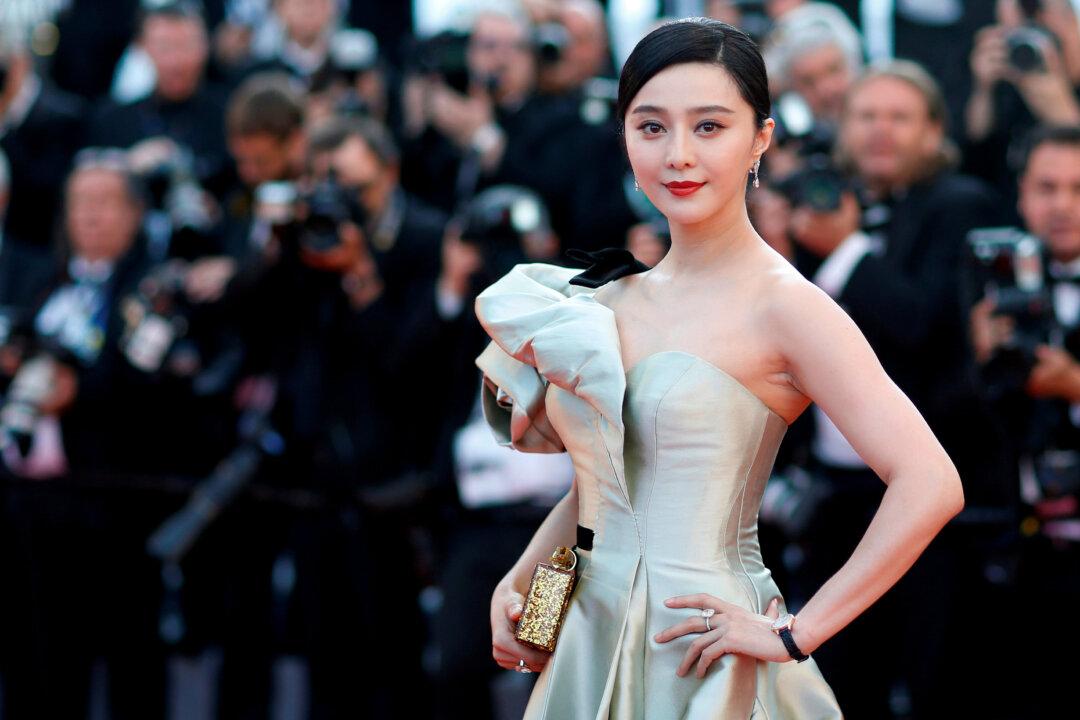Fan Bingbing
For three months, Fan Bingbing, China’s highest paid actress, disappeared from social media and public life. This came after accusations the 36-year-old was using “yin-yang” contracts to mislead tax authorities on how much she was getting paid for her films. Such contracts are a dual system where the true value of money exchanged is under-reported to the authorities in a bid to avoid taxes.Then in October, Fan resurfaced on Weibo, a Chinese Twitter-like platform, with a letter to fans in which she apologized for tax evasion. Tax authorities ordered Fan to pay 884 million yuan ($129 million) in overdue taxes and fines.





